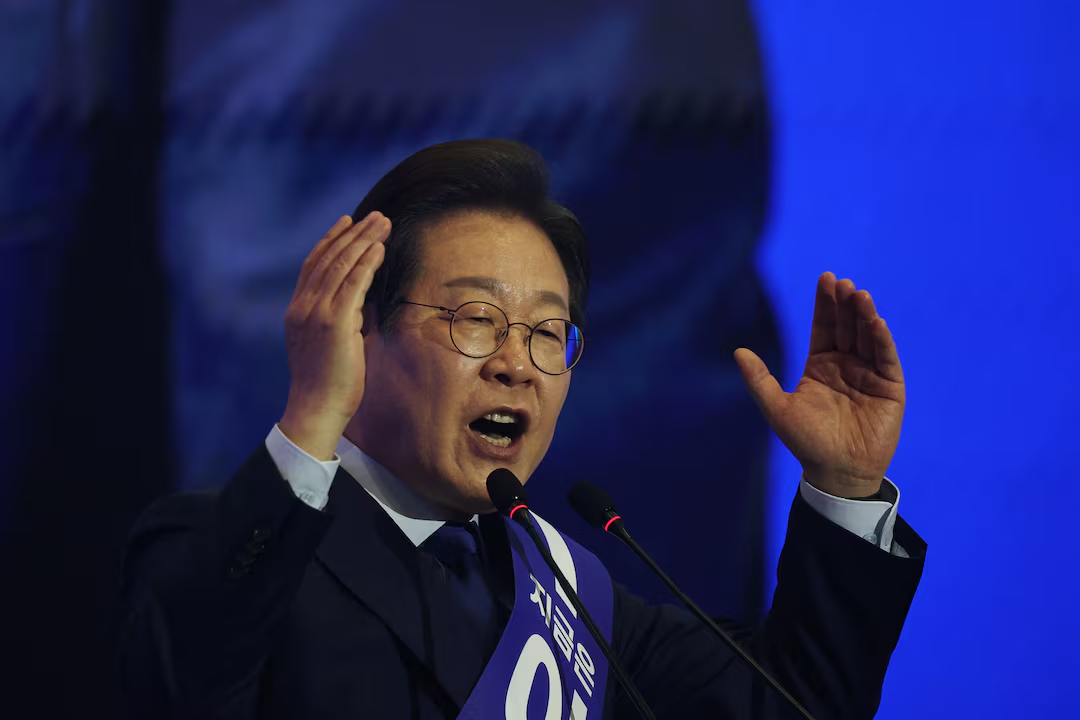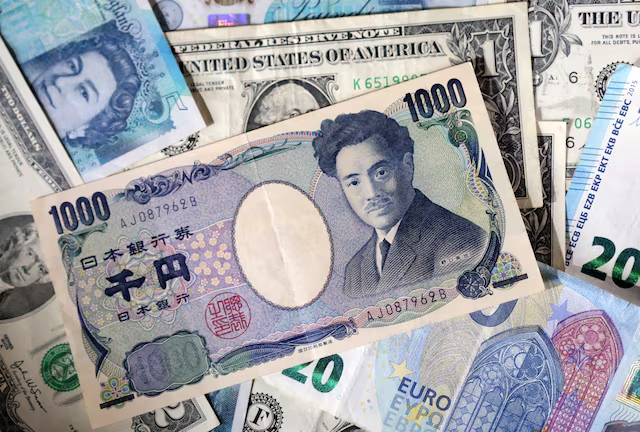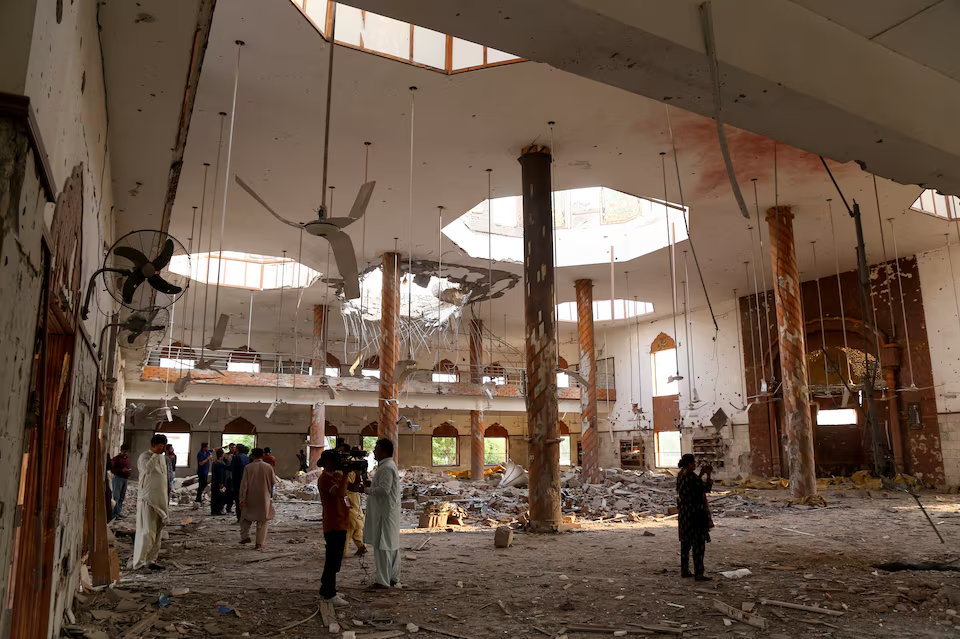On May 1, 2025, South Korea’s Supreme Court overturned a prior acquittal of Lee Jae-myung, the leading candidate in the upcoming presidential election, for violating election laws. The court determined that Lee had made false statements during his 2022 presidential campaign, rendering him potentially ineligible to run in the June 3 election. The case has been remanded to an appeals court for sentencing, which could bar Lee from holding public office for up to five years.
That race was rocked by a Supreme Court ruling that could threaten the candidacy of former opposition party leader Lee Jae-myung, who has dominated all opinion polls.
The Supreme Court overturned an earlier ruling that had cleared Lee, saying he had violated election law by publicly making “false statements” during his 2022 presidential bid. It sent the case back to the appeals court and ordered it to issue a sentence, which could bar Lee from running for office for up to five years.
South Korea has been led by a rotating cast of acting presidents since Yoon was impeached on December 14, hampering efforts to steer Asia’s fourth-largest economy through the choppy waters of U.S. tariffs.
Prime Minister Han Duck-soo, who has been serving as acting president, announced on Thursday he would resign ahead of an expected entry into the presidential race.
Han, 75, had initially lasted less than two weeks in the acting post and was himself impeached and suspended on December 27 after clashing with the opposition-led parliament by refusing to appoint three more justices to the Constitutional Court.
However, the court reinstated Han on March 24.
Finance Minister Choi Sang-mok had assumed the position of acting president while the cases of Yoon and Han were before the Constitutional Court.
Choi was due to take over again after Han stepped down on Thursday but then abruptly resigned himself after parliament restarted impeachment proceedings against him for decisions he made as acting president.
This ruling has intensified political instability in South Korea, which has been governed by interim leaders since former President Yoon Suk Yeol was ousted in December 2024 for imposing martial law. On the same day as the court’s decision, acting President and Prime Minister Han Duck-soo resigned to pursue his own presidential bid. Finance Minister Choi Sang-mok, who previously served as acting president, was expected to reassume the role but also resigned amid an impeachment vote. Consequently, Education Minister Lee Ju-ho has stepped in as the third acting president in less than six months.
The political turmoil unfolds against a backdrop of economic challenges, including a contraction in South Korea’s GDP and ongoing trade tensions with the United States. The June 3 snap election, prompted by Yoon’s impeachment, is now further complicated by the uncertainty surrounding Lee’s candidacy and the leadership vacuum created by recent resignations.
Source: Reuters



